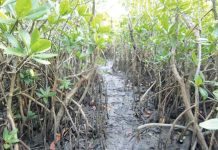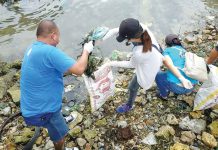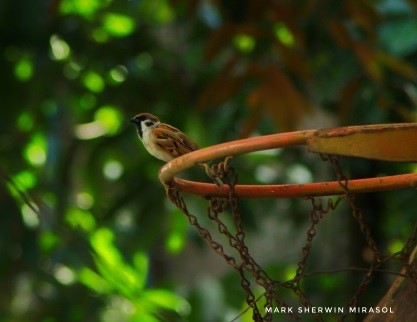
AVIAN species called birds were frequently seen flying in the sky and were heard chirping and singing from the trees in the community amidst the coronavirus pandemic.
The Department of Environment and Natural Resources (DENR) here in Region 6 is seeing some light in this situation as the environment heals from the dreadful effects of pollution. Animals, especially birds, relish the peaceful atmosphere due to the limited mobility of vehicles and people to avoid further local transmission of the virus and contain the outbreak.
Air, land, water, noise, light and oil pollution are great threats to the lives of these flying creatures. Hence with the outbreak of the COVID-19 disease, the government decided to put the country on lockdown thereby restricting land, air and sea travels.
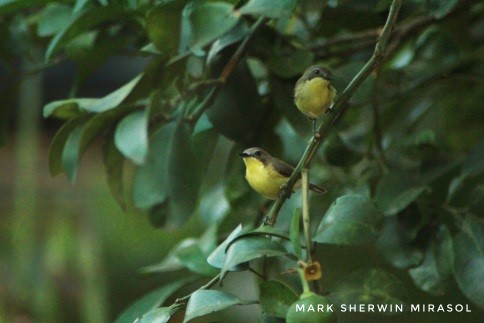
In urban areas, the air quality is greatly affected by smog and noxious gases. Birds have high respiratory rate, which makes them susceptible to air pollutants and airborne impurities. But with less travel of airplanes and vehicles, birds could breathe better and soar up in the skies.
During the night, bright city lights interferes the view of the stars in the sky which the birds uses to help them determine the route for the next day. As such, too much alteration of the natural light confuses and disorients the birds. Light pollution affects the flight patterns of birds and breaks their usual migration paths.
Here in Iloilo City, a curfew was implemented due to the city’s lockdown and also restricted the mobility of vehicles on the street which paved the way for the birds to see the stars at night.
Some birds’ species use vocalization to attract a mate, warn danger and socialize with other birds in the avian community. In the city, noise pollution affects the birds and their habits. It also interfere their communication as they vocalize at low frequencies to attract and impress a mate in order to reproduce. Currently, the city is no longer engrossed with ambient noise thus many birds are seen and heard vocalizing at low frequencies.
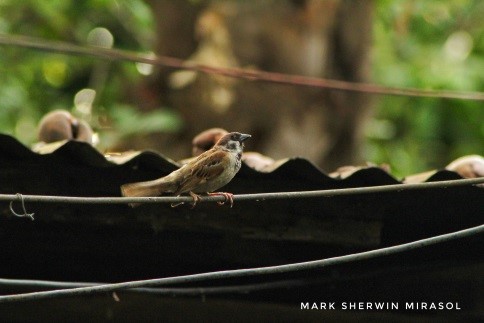
Meanwhile, waterbirds species are often seen on wetlands and seas. Water pollutants reduce the amount of oxygen in the water, eventually killing the fishes, a source of food for the waterbirds. Oil spills affect these avian creatures when their feathers lose its quality if covered with oil, poisoning them or exposing their skin. With reduced sea travels, there is less water pollution and helped prevent the risk faced by the waterbirds.
The presence of flock of birds in the trees and skies is a noticeable evidence of a revived balance in nature.
“Humans have now realized that nature, once left alone, can bounce back to its balance. We have seen something really good amid this COVID-19 pandemic. I thereby encourage all to protect the birds and its habitats by not capturing, poaching or illegally cutting trees that serves as their habitat as we also protect ourselves by doing preventive measures to avoid getting infected by the virus. Let us bear in mind that the key to a harmonious life is to live as one with the nature,” said DENR 6 regional executive director Francisco E. Milla, Jr.
Enhanced Biodiversity Conservation is among the ten priority programs of the Environment Secretary Roy A. Cimatu.(DENR6/PN)

